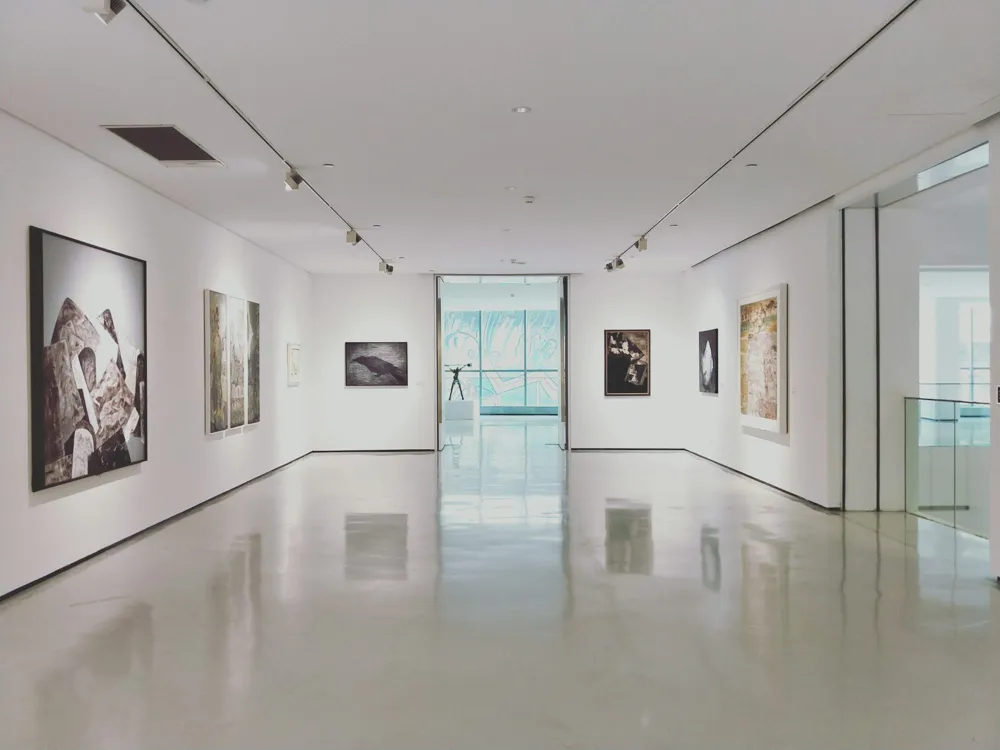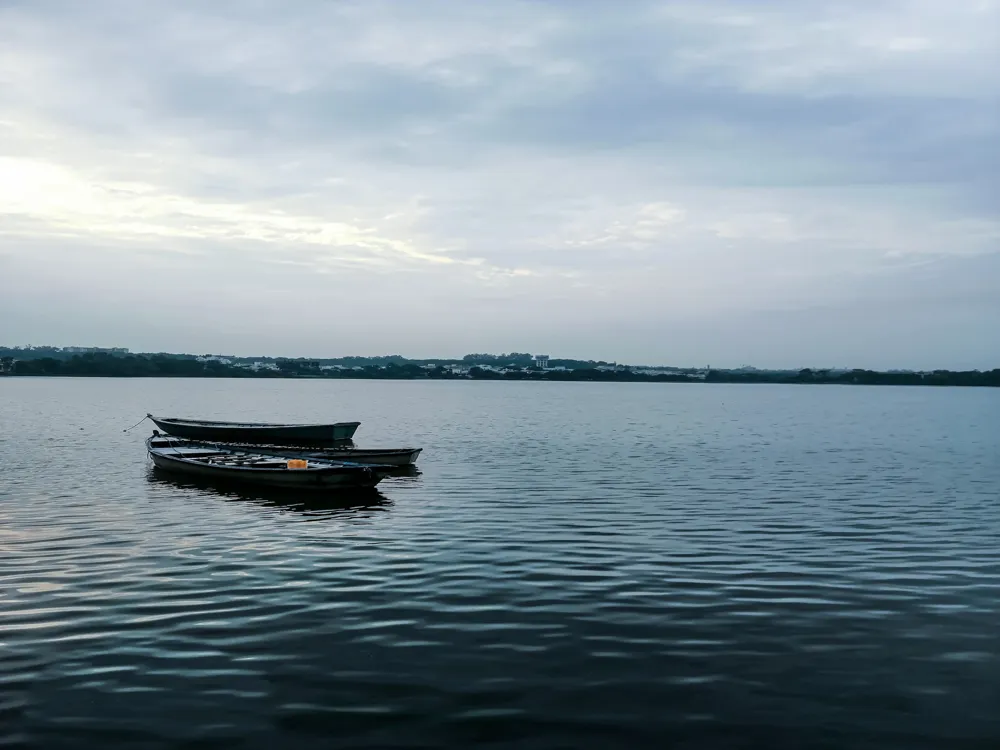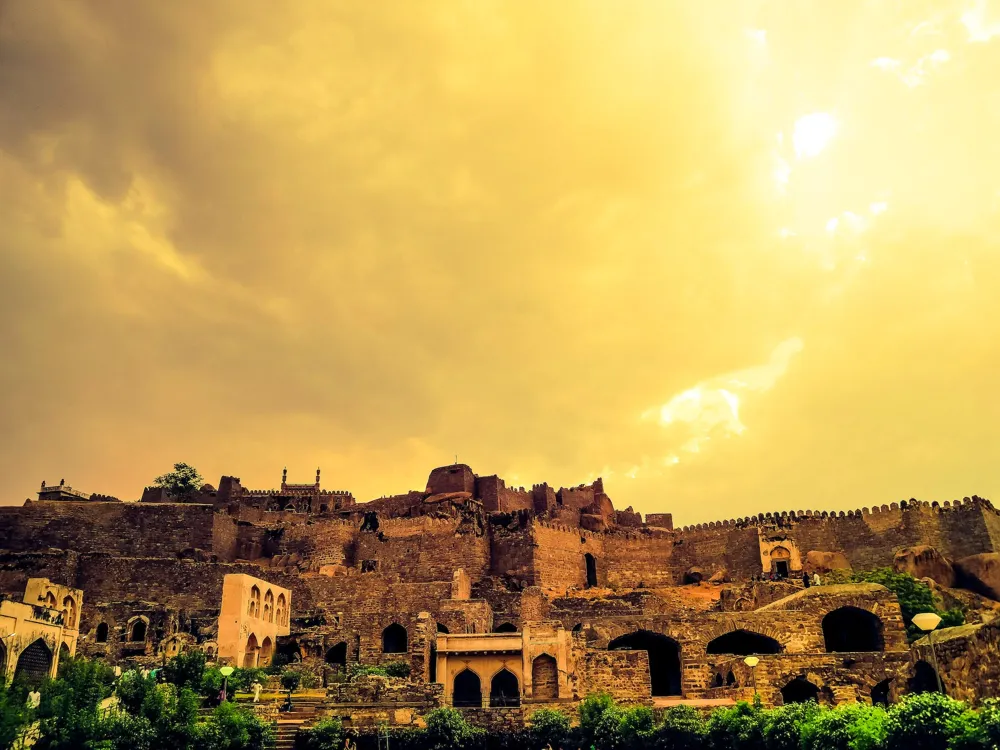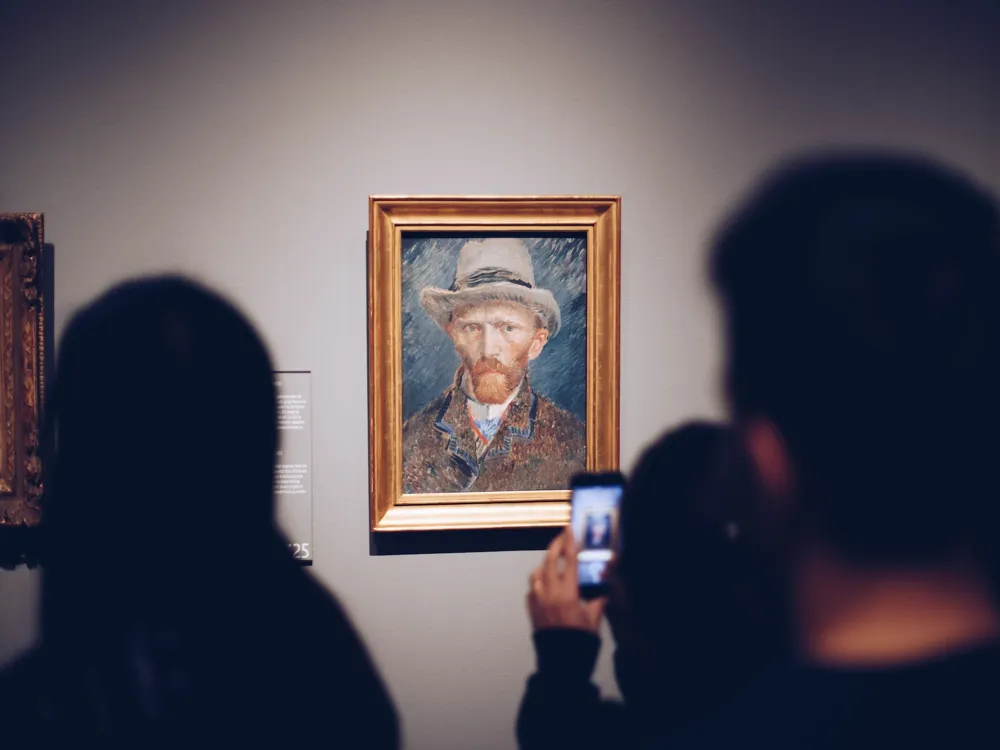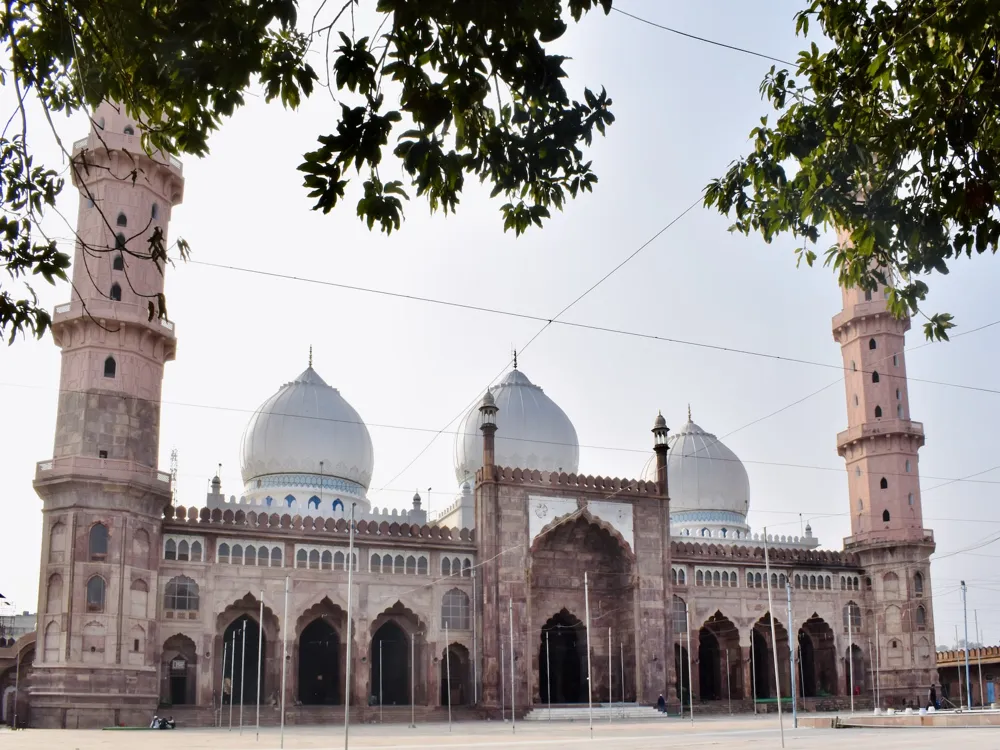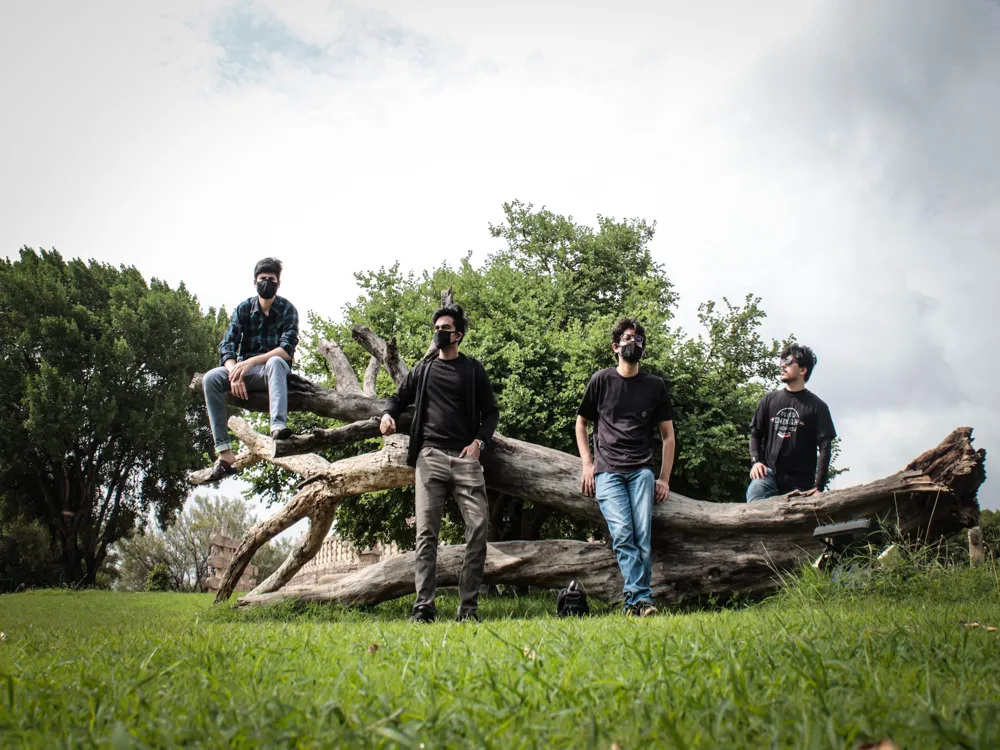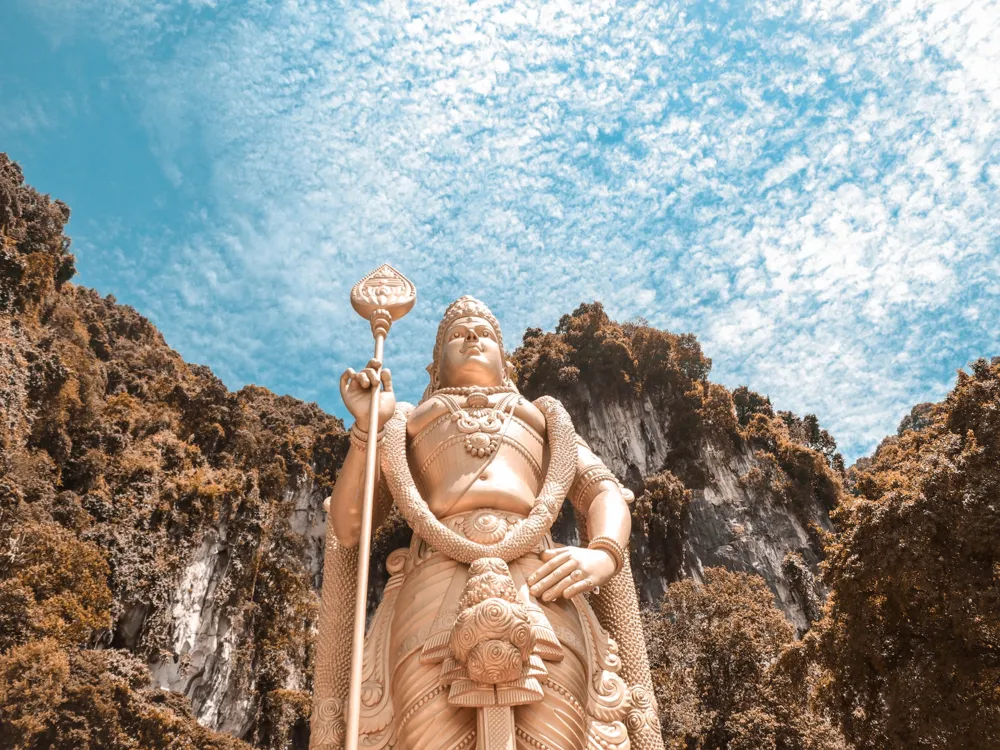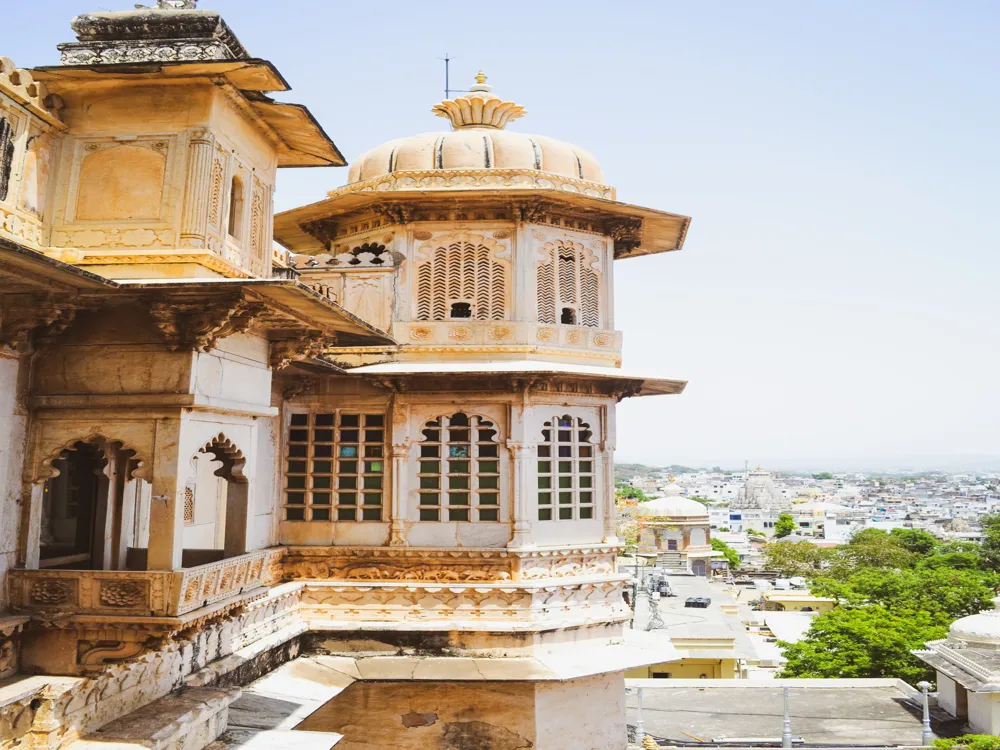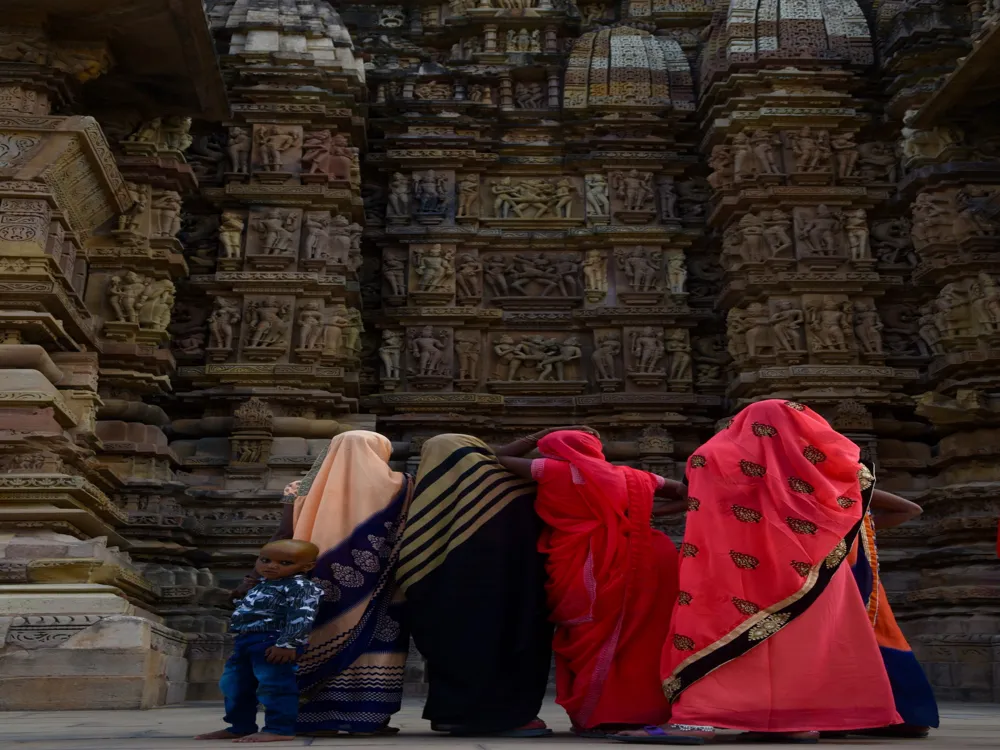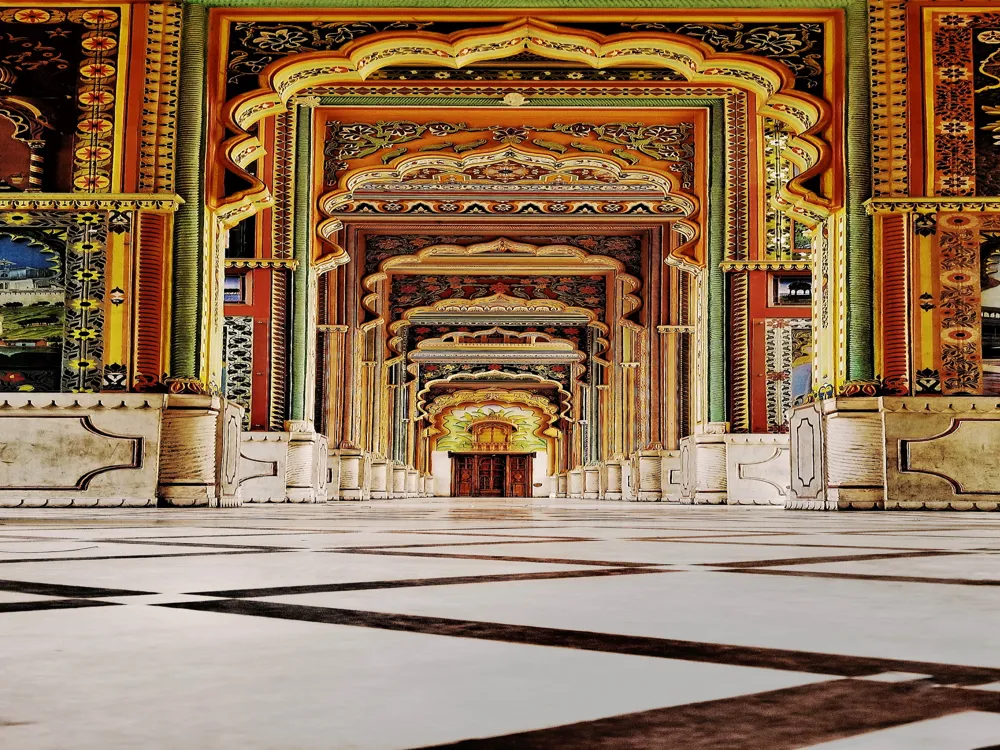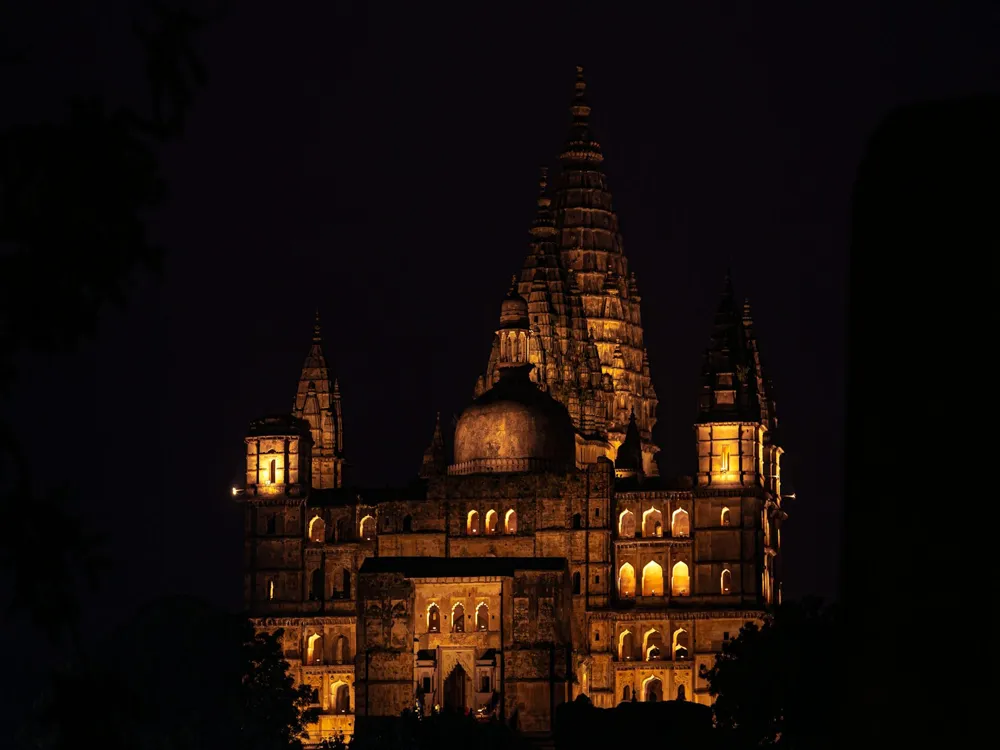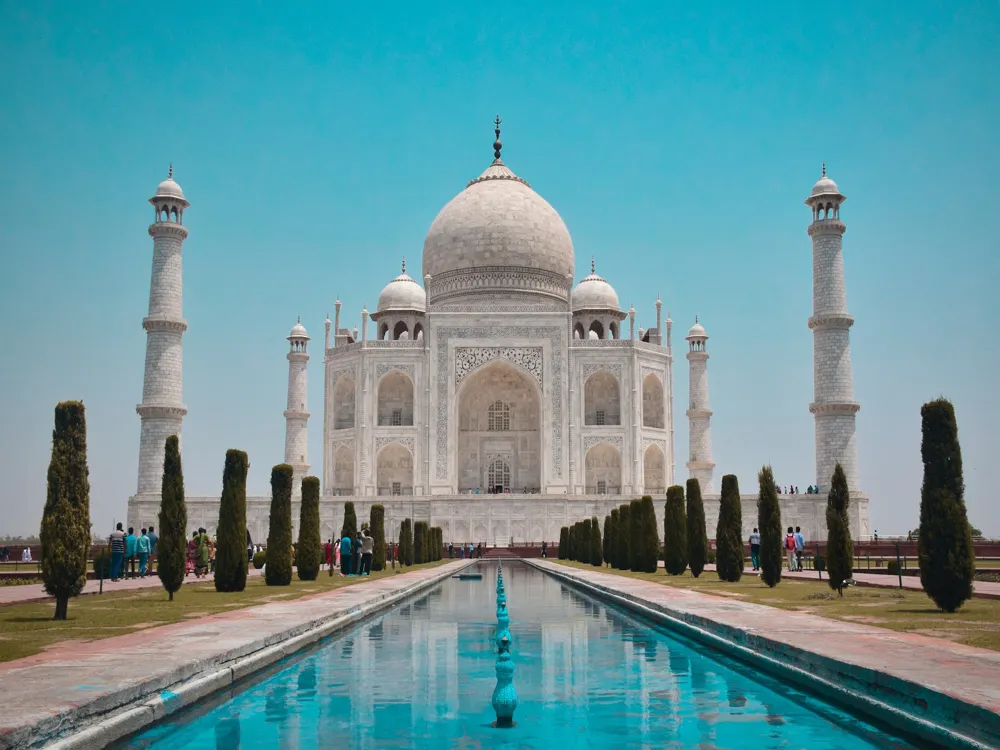Gohar Mahal, an architectural marvel, is nestled in the heart of Bhopal, Madhya Pradesh. This historical palace, built in 1820 by the first woman ruler of Bhopal, Qudsia Begum, is a splendid example of the fusion of Hindu and Mughal architectures. The Mahal, named after Gohar Begum, Qudsia Begum's daughter, stands as a testament to the rich cultural and historical legacy of Bhopal. The palace is not just a mere structure but a narrative of the city's past. Once a royal residence, it has now transformed into a hub of art and culture, showcasing Bhopal's heritage. The architectural style of Gohar Mahal is a remarkable amalgamation, reflecting the syncretic culture of the region. The intricate designs, elaborate arches, and detailed ornamentation speak volumes of the craftsmanship of the era. Gohar Mahal's strategic location by the Upper Lake adds to its aesthetic appeal, making it a popular destination for tourists and history enthusiasts. Its historical significance is immense, as it symbolizes the empowerment of women rulers in an era dominated by male leadership. The Mahal's preservation efforts highlight the importance of protecting such cultural landmarks, ensuring that the legacy of the past continues to inspire future generations. The architecture of Gohar Mahal is a magnificent representation of the confluence of Hindu and Mughal styles, a characteristic feature of Bhopal's historical buildings. The Mahal's layout and design elements exhibit the harmonious blending of these two architectural traditions, creating a unique and captivating aesthetic. The exterior of the palace is adorned with intricate carvings and jharokhas (overhanging enclosed balconies), typical of Rajput architecture, while the interiors are resplendent with Mughal-inspired arches and motifs. The use of locally sourced red sandstone and marble in construction adds to the grandeur and authenticity of the Mahal's appearance. The central courtyard, a common feature in Mughal architecture, serves as the heart of the palace, surrounded by rooms and halls that once echoed with royal gatherings and celebrations. The fine balance between open and closed spaces in the palace design demonstrates the architectural ingenuity of the era, ensuring natural light and ventilation while maintaining privacy. The preservation and restoration efforts at Gohar Mahal have been commendable, allowing visitors to witness the glory of the architectural style. However, the true beauty of the Mahal lies in its ability to transport visitors back in time, offering a glimpse into the rich cultural tapestry of Bhopal's history. The ideal time to visit Gohar Mahal is between October and March, when the weather in Bhopal is pleasant, making it conducive for exploring the palace and its surroundings. Keep an eye out for cultural events and exhibitions held at Gohar Mahal, as they offer a deeper insight into the region's art, culture, and history. Opt for a guided tour to enhance your understanding of the palace's history, architecture, and cultural significance. Knowledgeable guides can provide fascinating anecdotes and details not found in guidebooks. The palace's architecture provides a perfect backdrop for photography. Early morning and late afternoon light are ideal for capturing the beauty of the Mahal. Explore the local cuisine in nearby eateries to complete your cultural experience. Bhopal is known for its delightful culinary offerings. Gohar Mahal is easily accessible from different parts of Bhopal. Visitors can opt for public transport like buses and auto-rickshaws or use taxi services to reach the palace. For those driving, ample parking space is available near the site. The nearest airport is Raja Bhoj Airport, Bhopal, which is well-connected to major cities in India. From the airport, one can hire a taxi or use public transport to reach Gohar Mahal. The Bhopal railway station is another major junction for tourists arriving by train, located just a few kilometers away from the palace. Read More:Overview of Gohar Mahal, Bhopal, Madhya Pradesh
Architecture of Gohar Mahal
Tips When Visiting Gohar Mahal
Best Time to Visit
Cultural Events and Exhibitions
Guided Tours
Photography Tips
Local Cuisine
How to Reach Gohar Mahal
Gohar Mahal
Bhopal
Madhya Pradesh
NaN onwards
View bhopal Packages
Weather :
Tags : Forts & Palaces
Time Required : 1 hour
Planning a Trip? Ask Your Question
Bhopal Travel Packages
View All Packages For Bhopal
Top Hotel Collections for Bhopal

Private Pool

Luxury Hotels

5-Star Hotels

Pet Friendly
Top Hotels Near Bhopal
Other Top Ranking Places In Bhopal
View All Places To Visit In bhopal
View bhopal Packages
Weather :
Tags : Forts & Palaces
Time Required : 1 hour
Planning a Trip? Ask Your Question
Bhopal Travel Packages
View All Packages For Bhopal
Top Hotel Collections for Bhopal

Private Pool

Luxury Hotels

5-Star Hotels

Pet Friendly







